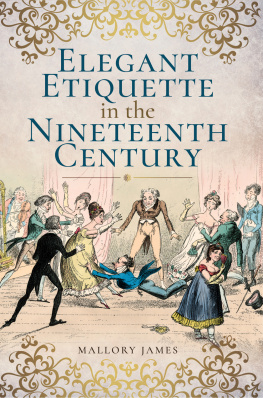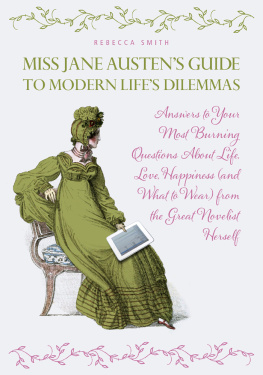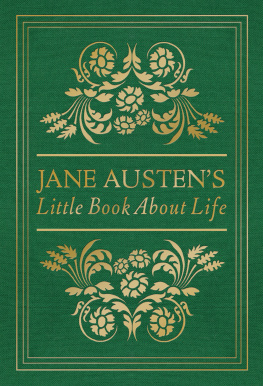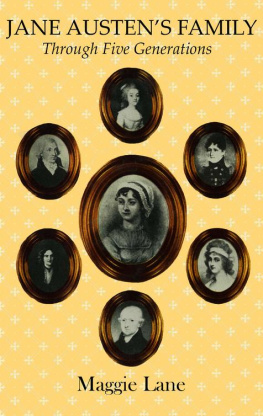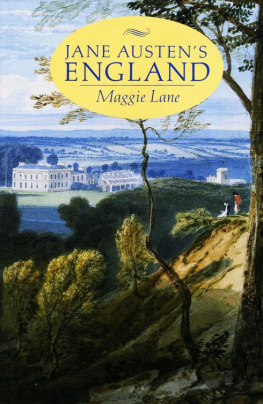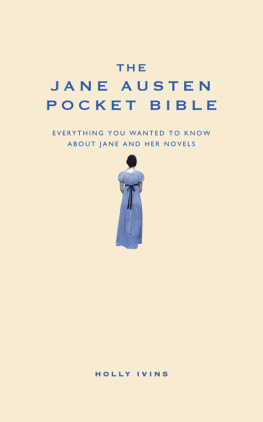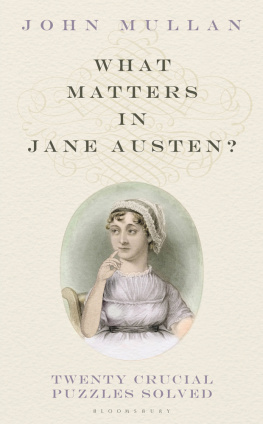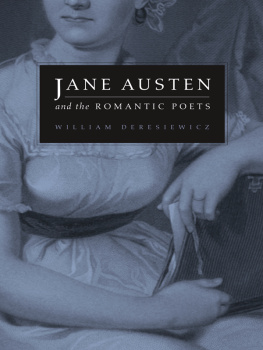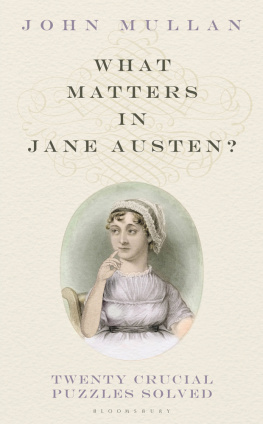
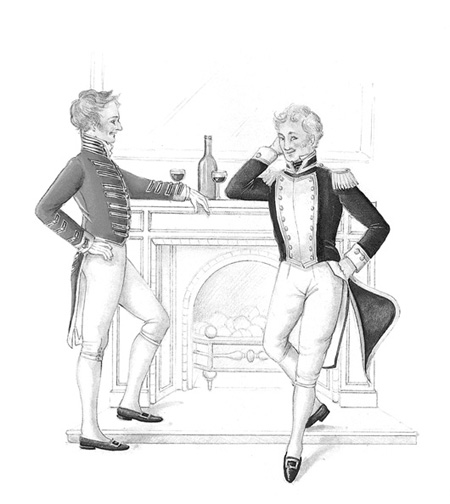
First published in Great Britain 2006
This electronic edition published in 2012 by Bloomsbury Publishing Plc
Copyright 2006 by Josephine Ross and Henrietta Webb
The moral right of the authors has been asserted
Bloomsbury Publishing Plc
50 Bedford Square
London WC1B 3DP
A CIP catalogue record is available from the British Library
ISBN: 9781408834725
All rights reserved. You may not copy, distribute, transmit, reproduce or otherwise make available this publication (or any part of it) in any form, or by any means (including without limitation electronic, digital, optical, mechanical, photocopying, printing, recording or otherwise), without the prior written permission of the publisher. Any person who does any unauthorised act in relation to this publication may be liable to criminal prosecution and civil claims for damages
www.bloomsbury.com
Visit www.bloomsbury.com to find out more about our authors and their books
You will find extracts, author interviews, author events and you can sign up for newsletters to be the first to hear about our latest releases and special offers

Contents
Perhaps the following Rules of social behaviour
may provide some guidance as to how to behave
in Polite Society, with a deepened awareness of
all the pleasures and hazards which the heroine
of Emma summed up as Compliments,
charades and horrible blunders
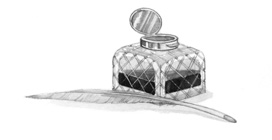
The secret has spread so far as to be scarcely the Shadow of a secret now, Jane Austen wrote ruefully in 1813. Until then, she had endeavoured to keep her identity strictly concealed from the public.
Unlike many of her female literary contemporaries, from Fanny Burney to Madame de Stal, she shunned any form of fame or publicity fearing, as she put it, to be made a wild Beast, to be stared at, and speculated about, like one of the zoo animals at the Exeter Exchange. Even after her Secret had begun to leak out, following the modest success of Pride and Prejudice, she published her novels anonymously; and the prefatory note to the last, Northanger Abbey, was signed merely by The Authoress.
In that note, or Advertisement, she apologised to her readers for the fact that changes in places, manners, books and opinions had taken place since the works inception. Even she, with her wit, perception and imagination, could not have conceived of the changes which would take place over the next two hundred years above all in the realm of manners. Prominent among these would be the extraordinary changes in the use of names. The woman whose most elegant heroine, Miss Woodhouse in Emma, would disdain Mrs Eltons use of a gentlemans surname alone Knightley, indeed! would surely have been insulted to find herself, in the twenty-first century, commonly referred to as Austen. Almost as bad, though certainly preferable, is plain Jane Austen: Let me not suppose that she dares go about Emma Woodhouse-ing me the heroine of Emma reflects acerbically.
The solution adopted for the purposes of this little book is to follow her own lead, and refer to her, simply, as the Authoress. We can only hope that Englands Jane, as another great writer in the English language called her, with a love and respect beyond barriers, would understand, and forgive and perhaps even laugh.

If I could persuade myself that my manners were perfectly easy and graceful, I should not be shy.
Sense and Sensibility, Chapter 17
She had the comfort of appearing very polite, while feeling very cross.
Emma, Chapter 14


This little guide is the outcome, ultimately, of a correspondence between the Authoress of several novels, including Pride and Prejudice, Sense and Sensibility and Mansfield Park, and her eldest niece Anna Austen, of Steventon Rectory, in Hampshire.
In the summer of 1814 Anna Austen (then aged twenty-one) approached her literary Aunt with a request for help with a novel set in contemporary Regency Society which she herself was attempting to write. Over the next few months, as successive instalments were sent, edited, discussed and returned, the exchange of letters between Aunt and Niece was illuminating. While finding much to praise, in terms of character, dialogue and style, Aunt Jane was constantly struck by one major deficiency: her young nieces apparent unawareness of the Manners, etiquette and social behaviour of the day.
As Lady H. is Cecilias superior, it would not be correct to talk of her being introduced; Cecilia must be the person introduced
was one immediate response, followed soon after by
When Mr Portman is first brought in, he would not be introduced as The Honourable: that distinction is never mentioned at such times.
Other comments concerned language (Bless my Heart! for example, was too familiar and inelegant a usage for a Baronet such as Sir T. H.) and the strict code of paying, and returning, morning Calls (Mrs F., Anna was instructed, ought to have called at the Parsonage before Sunday). Much of Aunt Janes social guidance could be summed up in one telling directive:
Let the Portmans go to Ireland, but as you know nothing of the Manners there, you had better not go with them. You will be in danger of giving false representations.
By Manners, Annas Aunt here denotes far more than the mere niceties of Please, Thank You, and Your Servant, Maam. The word was applicable to every aspect of daily life from dress and domestic arrangements, to the treatment of servants, and the proper way to encourage or deter an admirer. Manners Makyth Man is, of course, the famous motto of Winchester College, where the Authoresss much-loved nephews were pupils; and it is no coincidence that, in a combined family joke and compliment, she gave the name of Winchesters revered headmaster, Dr Goddard, to the fictional proprietress of the modest little ladies school in her novel of 1816, Emma. Manners are, indeed, the foundation of a civilised society; it is with good reason that members of the ton those persons of rank and fortune who set the tone are referred to as belonging to Polite Society.
The codes of behaviour which govern daily life should not be confused with mere formalities. They are based on solid principles of courtesy, propriety and, most of all, regard for the feelings of others. When the heroines young sister, in Mansfield Park, finds herself about to experience life in a great country mansion for the first time, she is daunted by visions of silver forks, napkins and finger glasses, but her fears are shown to be groundless: what she encounters at Mansfield is a household of cheerful orderliness, where everybodys feelings were consulted. Too much polish, in either appearance or manners, is in fact the sign of a flawed character, throughout the Authoresss works; and more than one of her heroines is temporarily taken-in by a man whose good looks and gallant address are not supported by any inner qualities of principle, morality, or selflessness. Of shy Edward Ferrars, in
Next page

